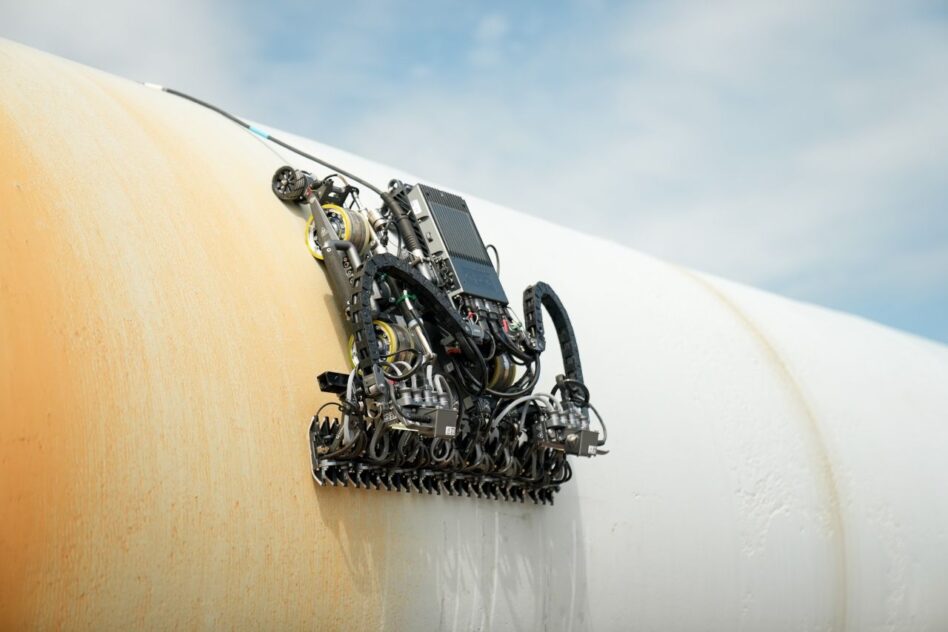Less than a month after raising $125M and hitting unicorn status, Gecko Robotics has notched another win—or two.
On Tuesday, the Pittsburgh-based AI and robotics company announced a partnership with BPMI, the prime for the Naval Nuclear Propulsion Program (NNPP), to take its wall-crawling robots into the shipyard. As if that wasn’t enough, they followed that up with plans to collaborate with US Steel on monitoring the health of steel mill infrastructure nationwide.
That focus on partnering with the Steel City’s industrial heavyweights is intentional. As Gecko CEO Jake Loosararian said at Wednesday’s Energy and Innovation Summit in Pittsburgh, “We need to build as close to the customer as possible to unite technology and energy. It cannot be done from a lab in Silicon Valley.”
At this rate, it might be time for the Penguins to rebrand as the Geckos.
Get to know Gecko: Gecko, founded in 2013 by college friends Troy Demmer and Loosararian, uses robots and fixed sensors to analyze the health of critical infrastructure. Here’s what Gecko’s got going on:
- Their climbing, crawling, and swimming robots inspect hard-to-reach infrastructure like power plants, submarines, and aircraft carriers.
- Those robots, which they sell as a service to customers, use ultrasonic sensors and AI through their Cantilever platform to detect corrosion, cracks, and structural issues before they become failures.
- Cantilever then produces 3D visualizations and maintenance insights that help clients—including grid operators, the US Navy, and Air Force—plan repairs, extend asset life, and avoid downtime.
With BPMI, however, they’re shifting from the preexisting infrastructure maintenance side of the equation to the manufacturing side. According to a company statement, BPMI is looking to “leverage Gecko’s robotic and AI platforms to reduce inspection time spans on items ranging from simple forgings to complex final component manufacture.”
Given the major delays to major nuclear-powered shipbuilding projects, Gecko’s bots are about to get busy.
BPMI’s biz: BPMI has been a prime contractor for NNPP since 1956, when they began working on the design, manufacturing, and supply chain logistics of nuclear power plant components installed in all US nuke-powered subs and carriers, including:
- The Columbia-class nuclear submarine, scheduled to be ready in 2030
- Upgrades to the Ohio- and Virginia-class attack subs
- The USS John F. Kennedy, the next Ford-class aircraft carrier, which was recently delayed until 2027 (oops)
- The SSN(X) next-gen attack sub, delayed until 2040 due to budget and production issues (another oops)
In other words, BPMI and Gecko have their work cut out for them. But they’re betting that advanced robotics and a stronger “digital thread” can help pull timelines forward.
“Rebuilding the American Defense Industrial Base must start with having the right data—and knowing how to use it,” Loosararian said in a press release. “Gecko’s partnership with BPMI is about transforming American shipbuilding by interrogating the integrity of each component.”
And according to Gecko, they can do it fast: initial trials found that its tech cut inspection times for forged components by up to 90%. At a time when China’s shipbuilding capacity is estimated to be some 230 times America’s, we’d guess this is music to the ears of the Navy.

